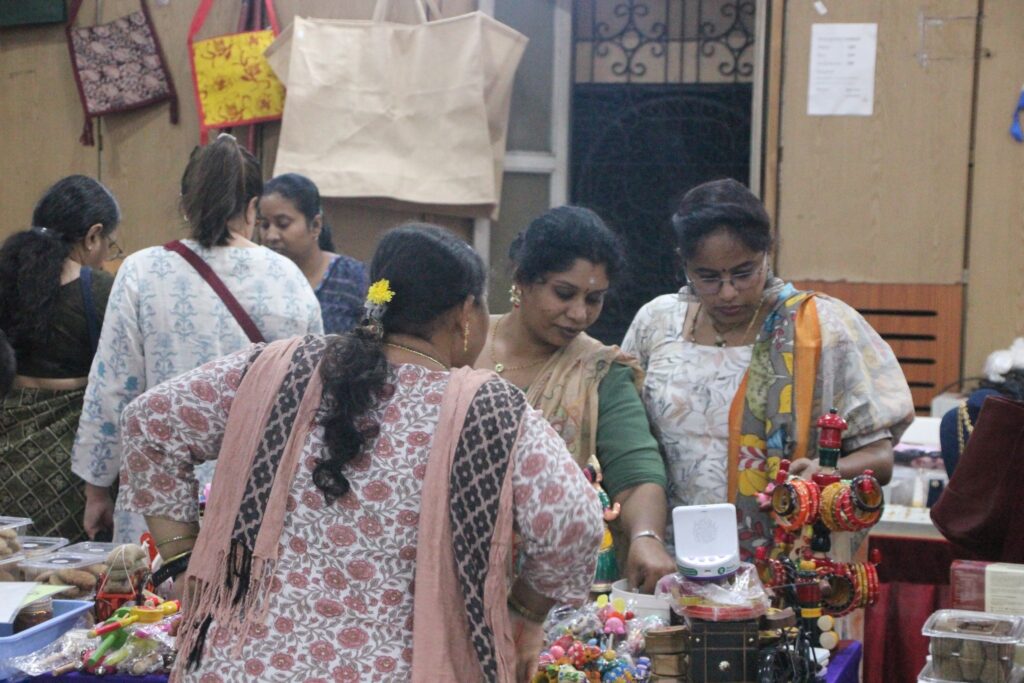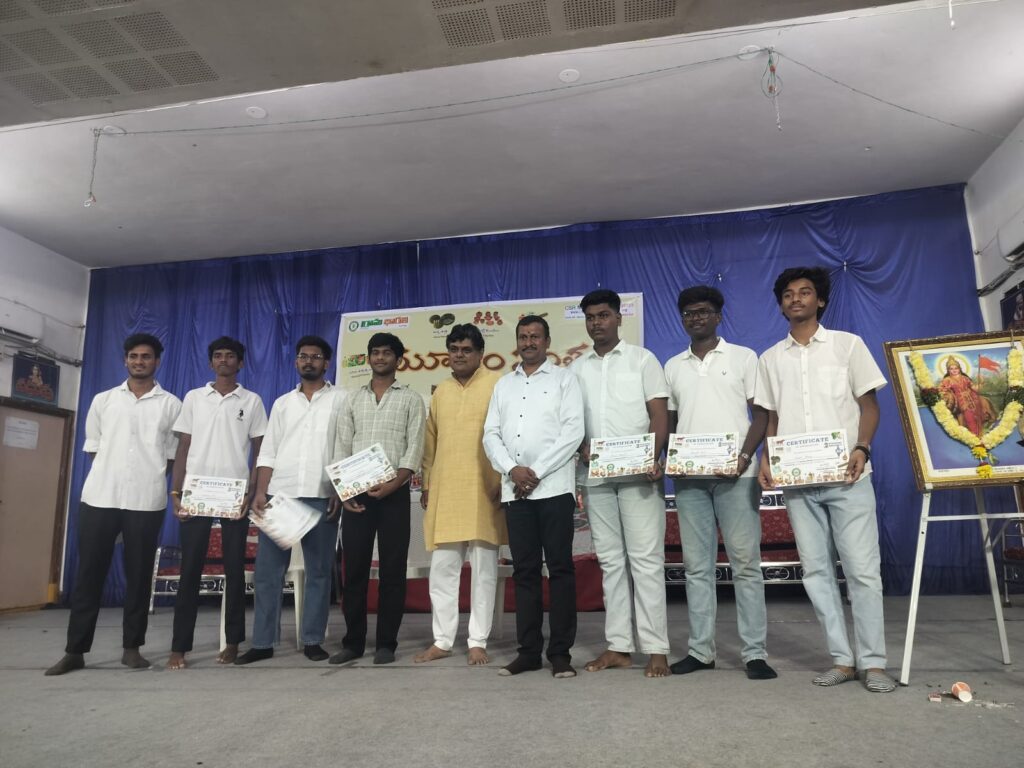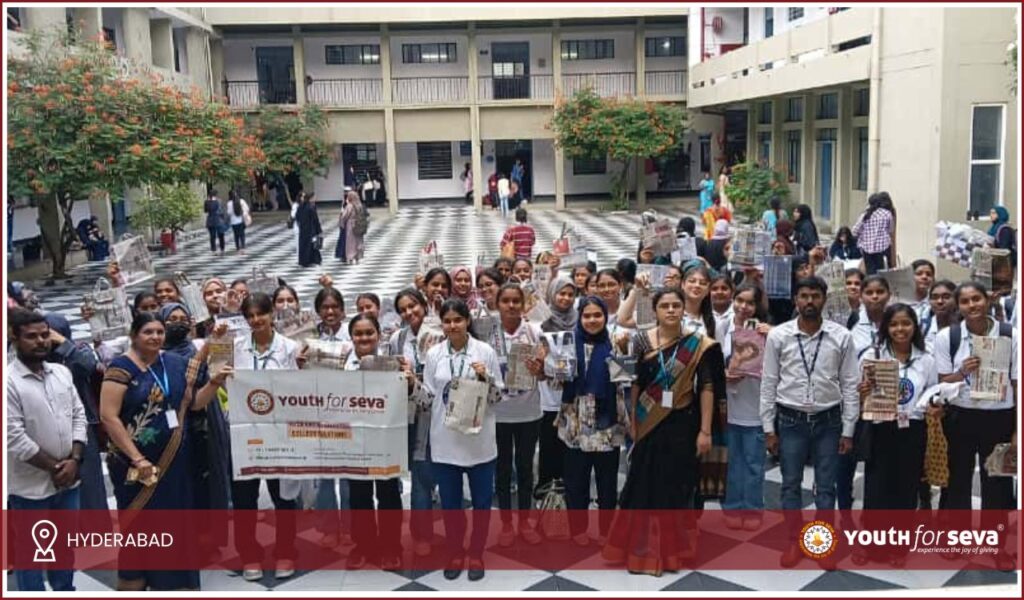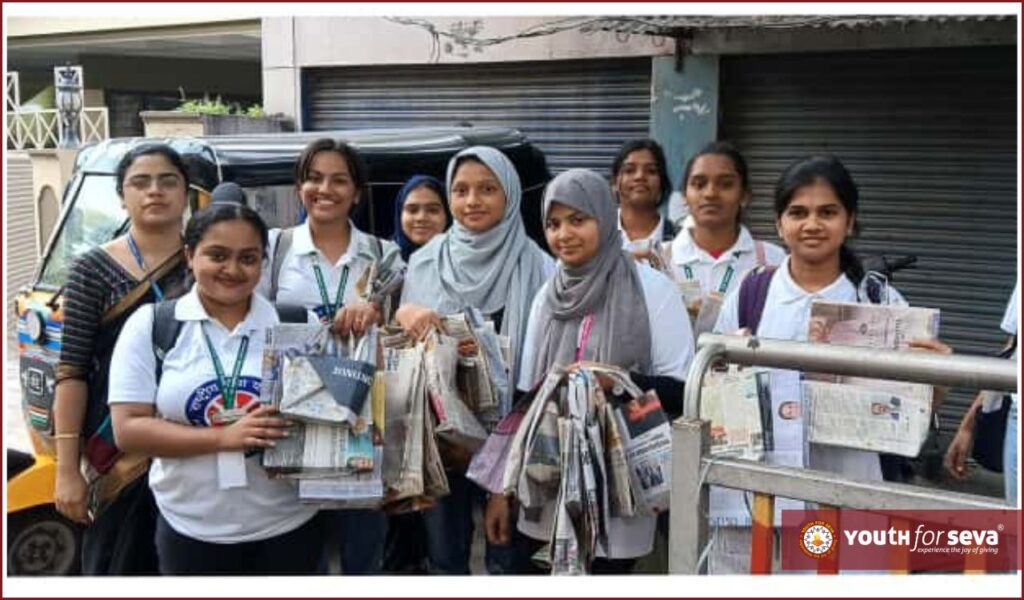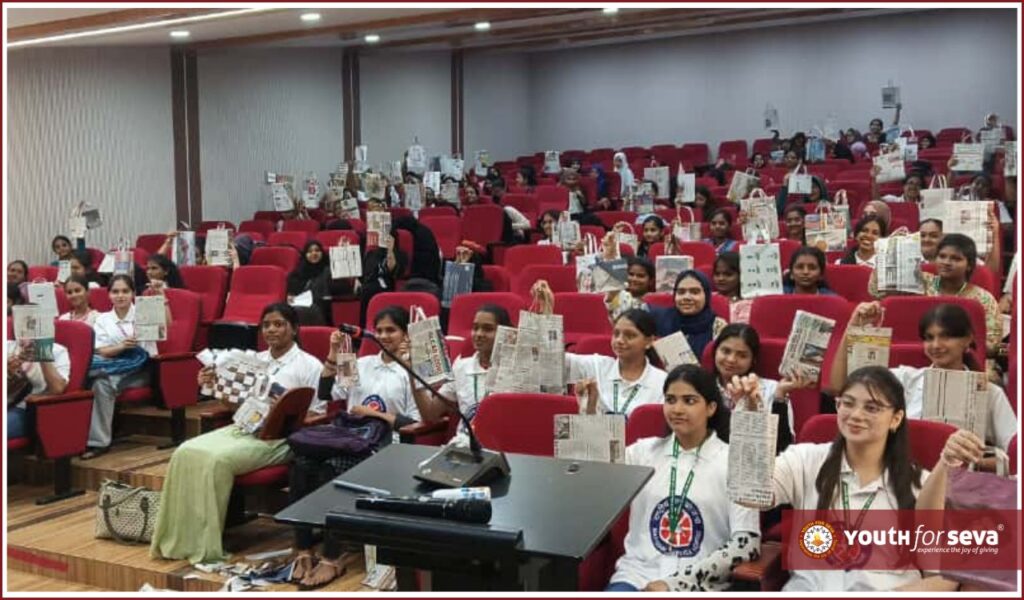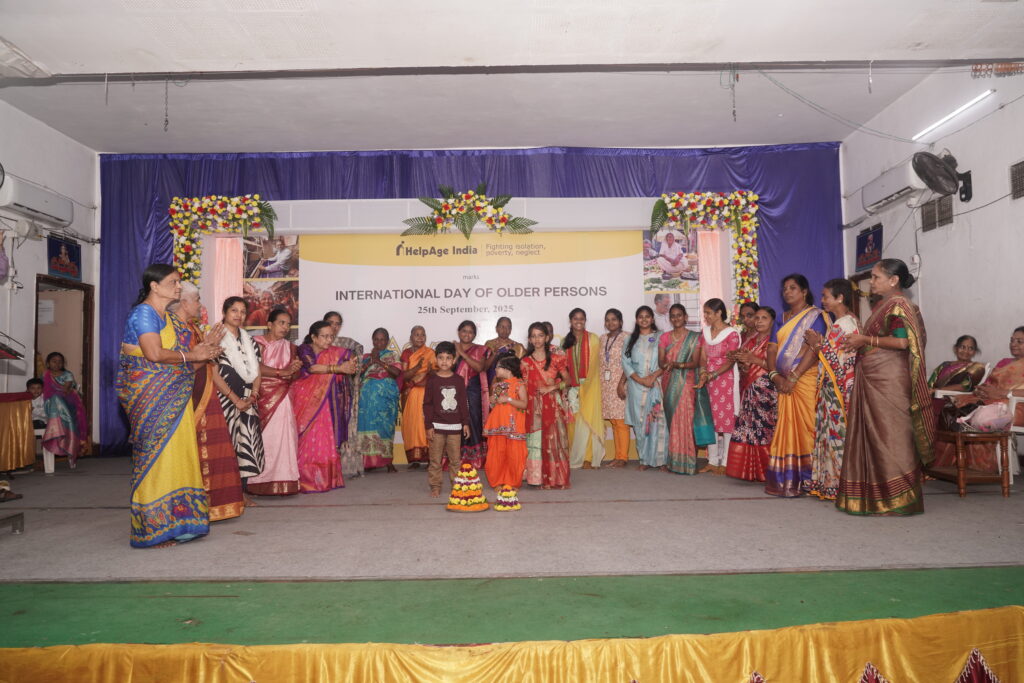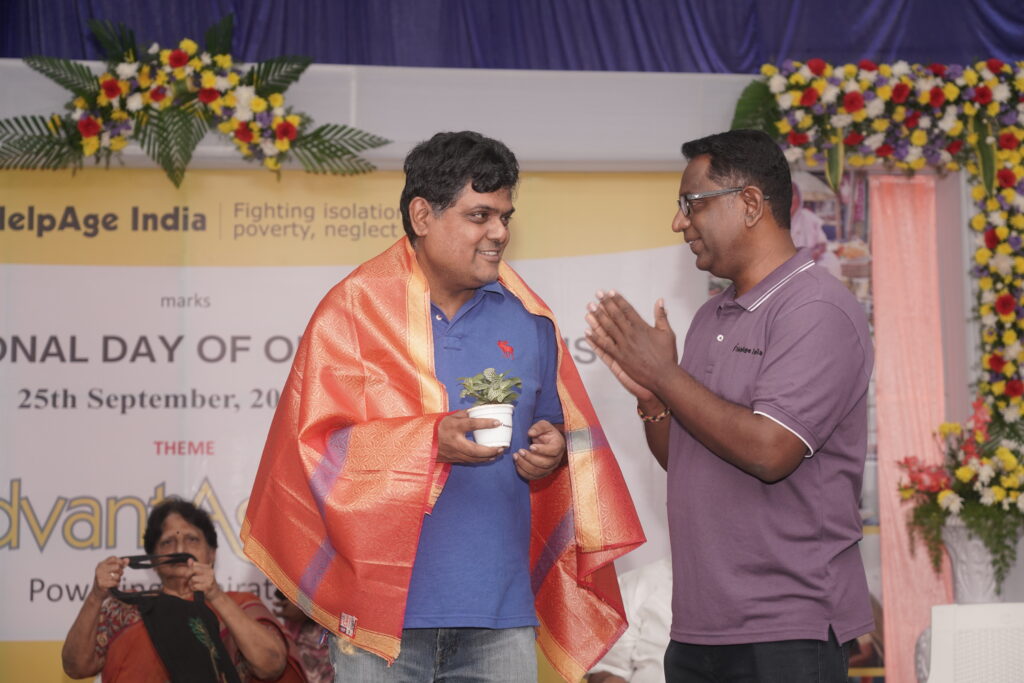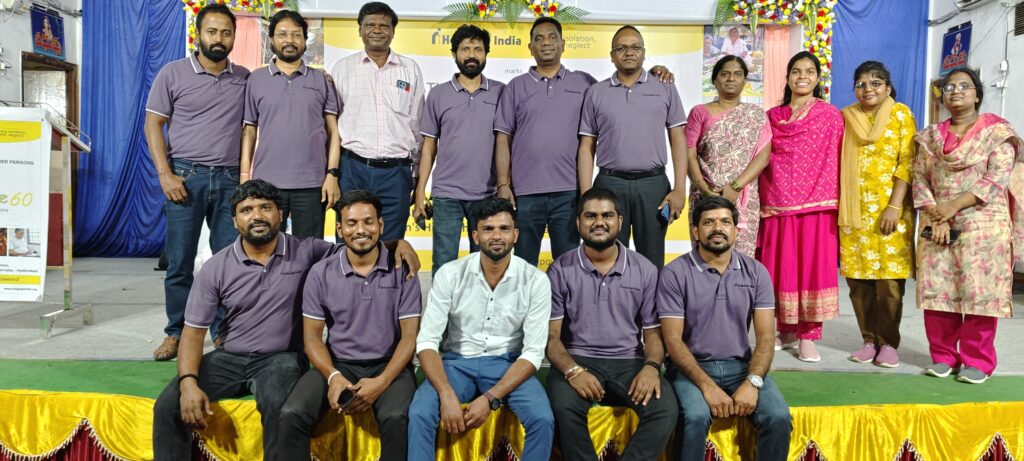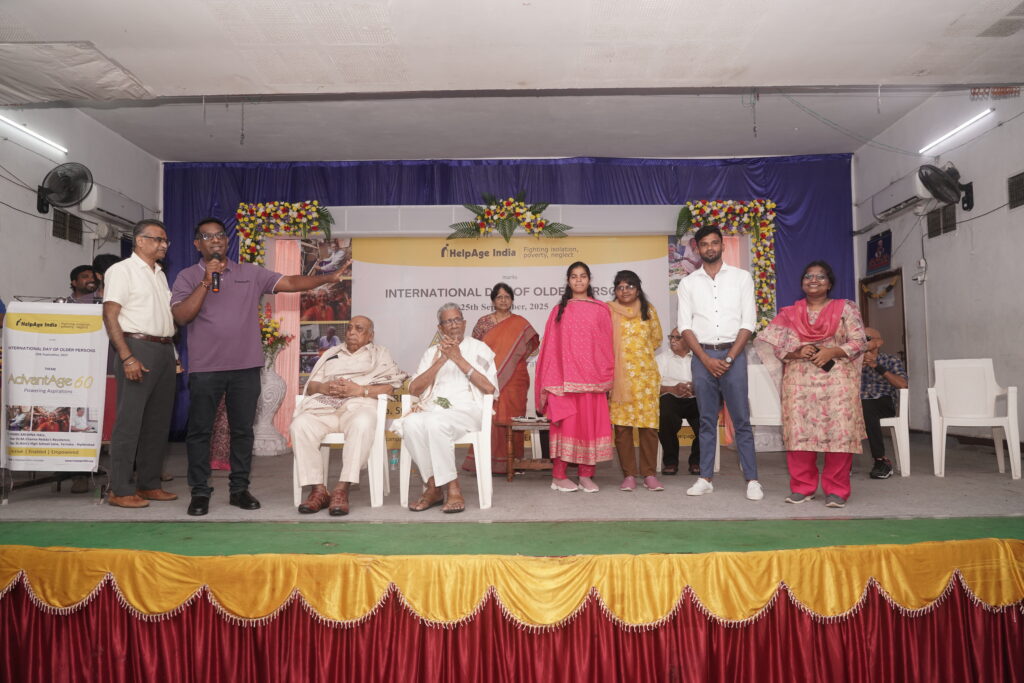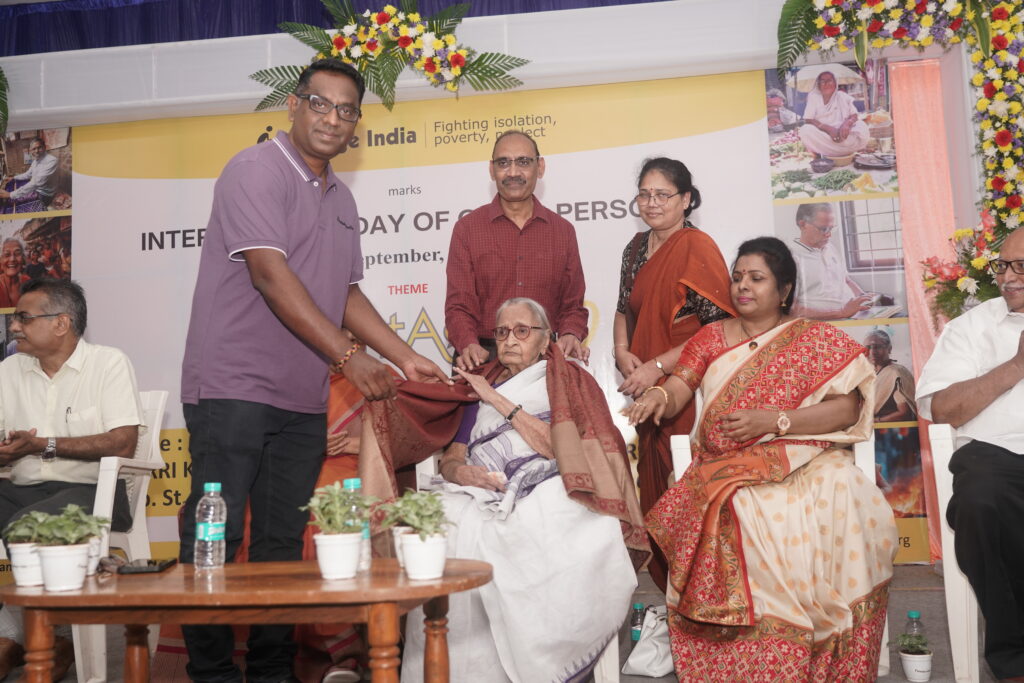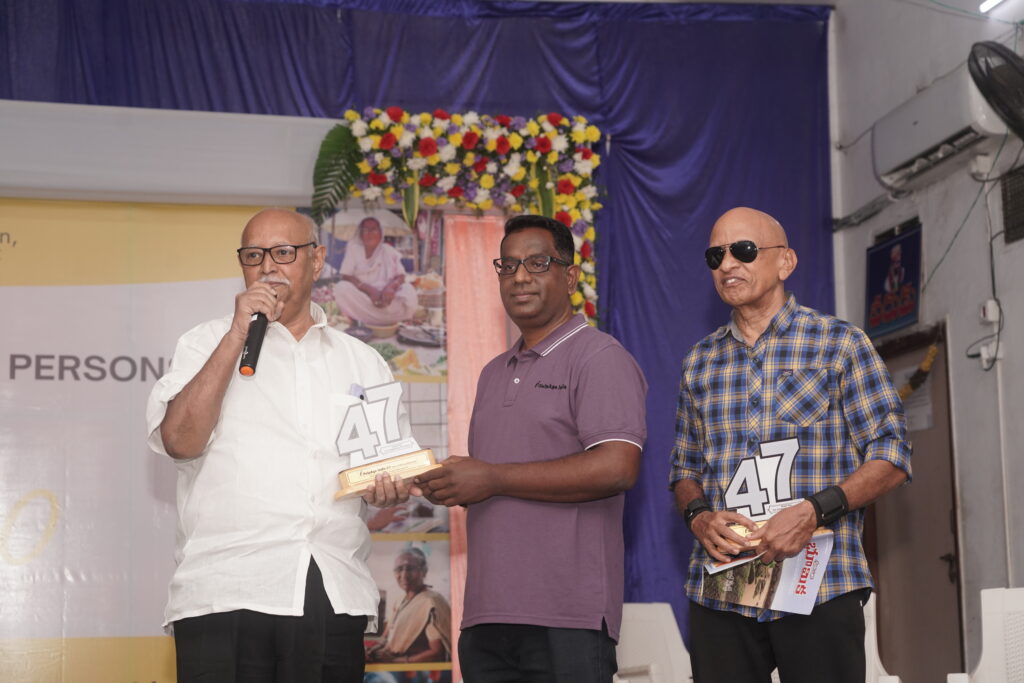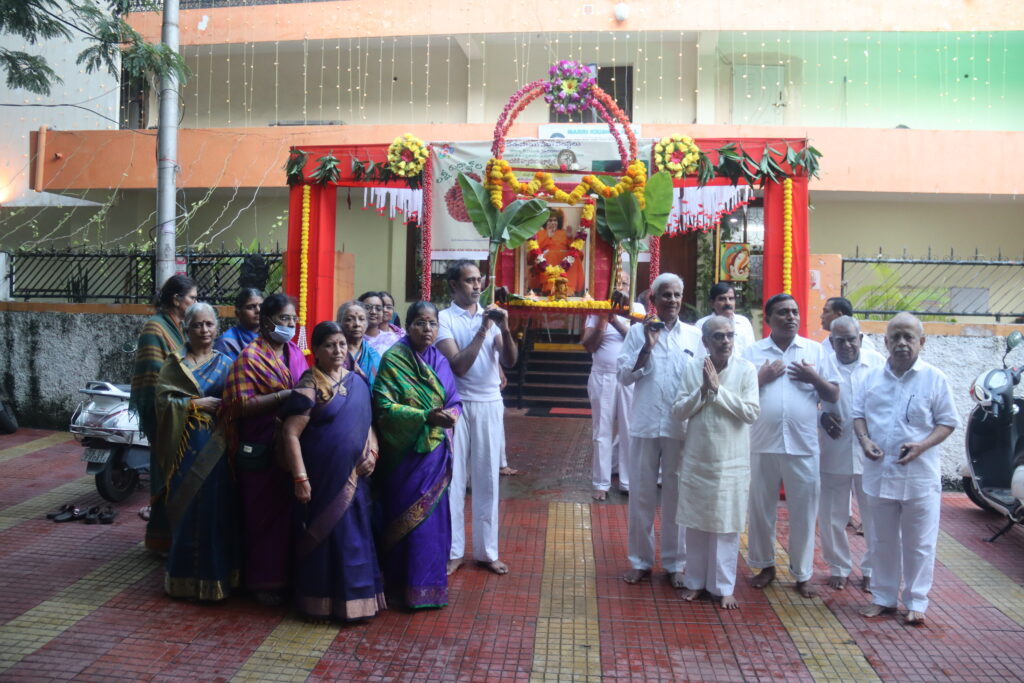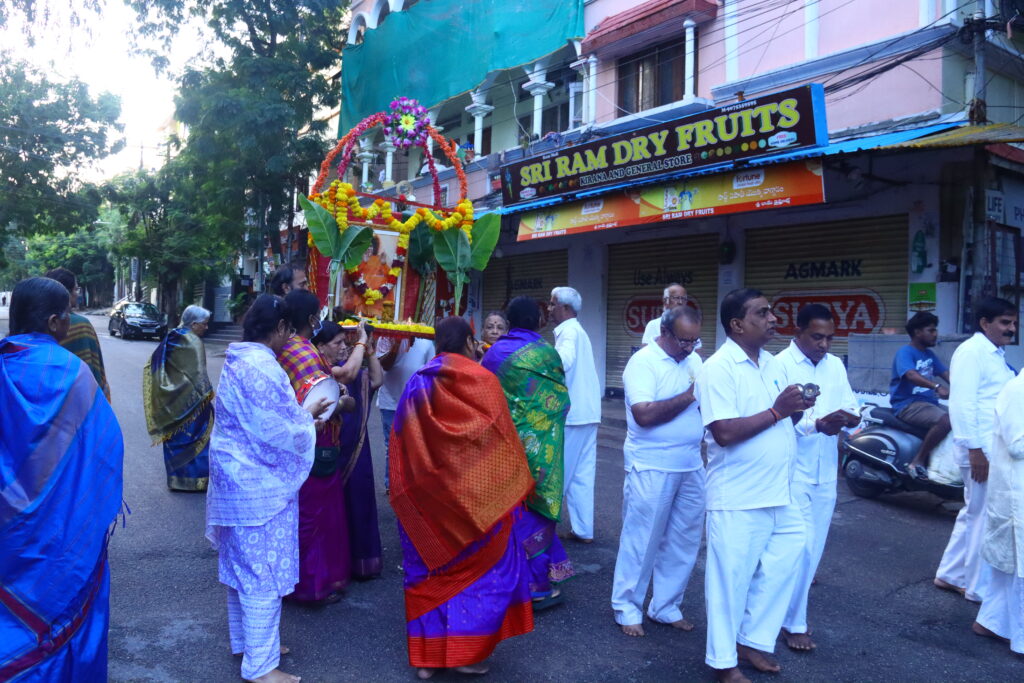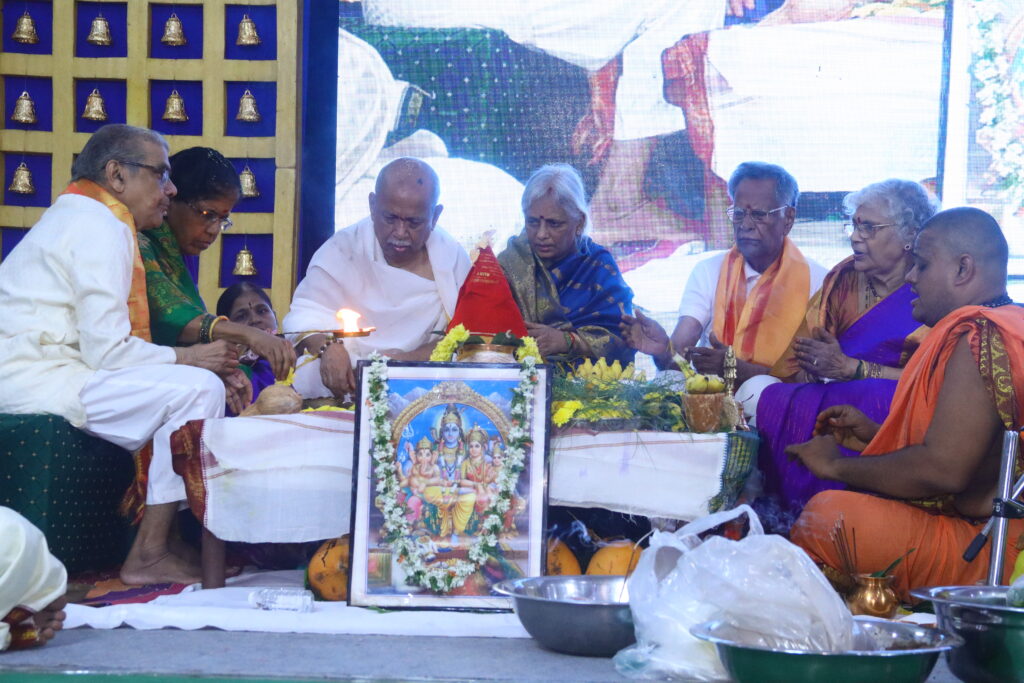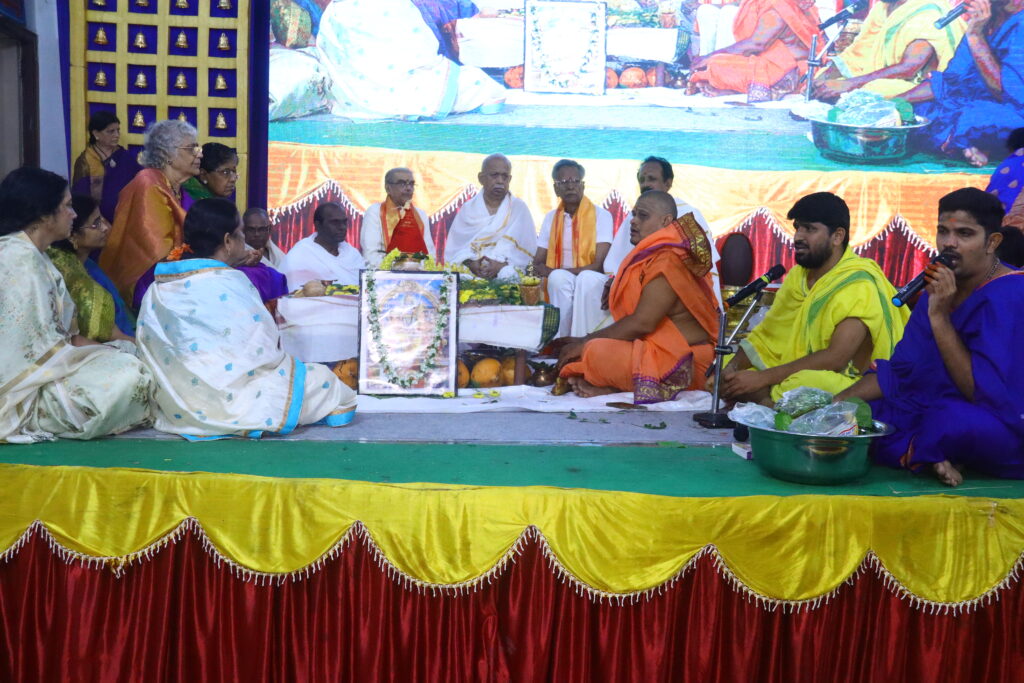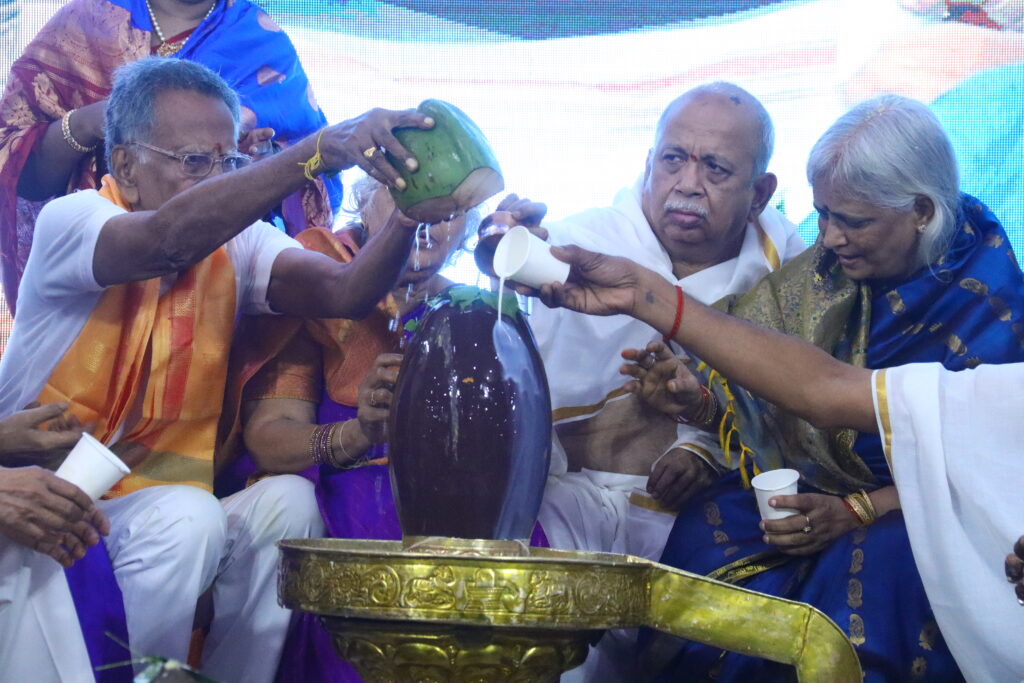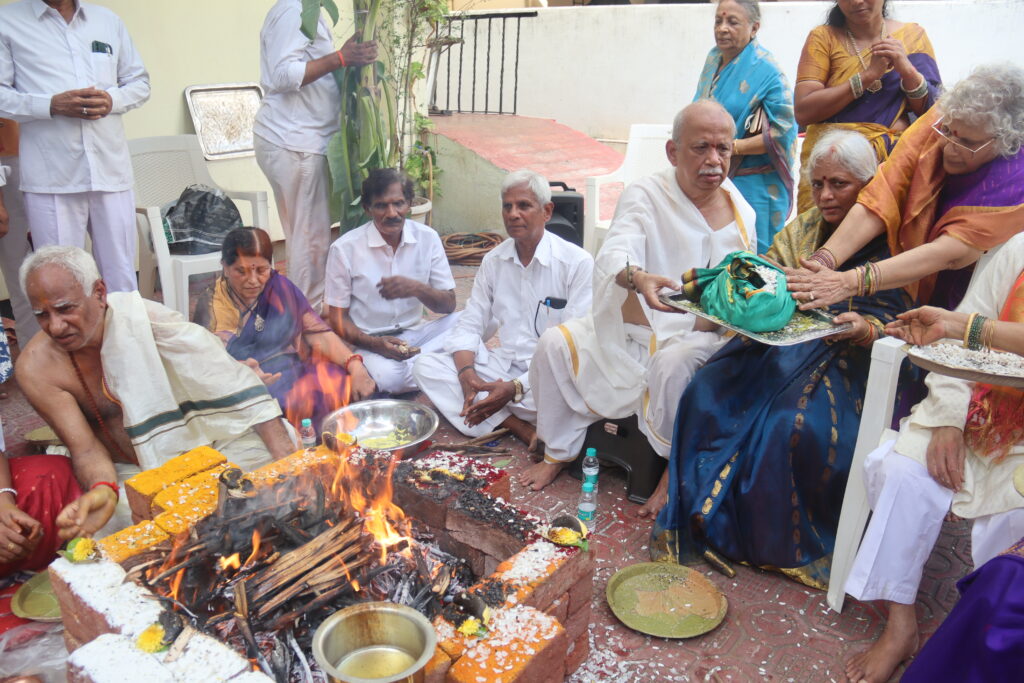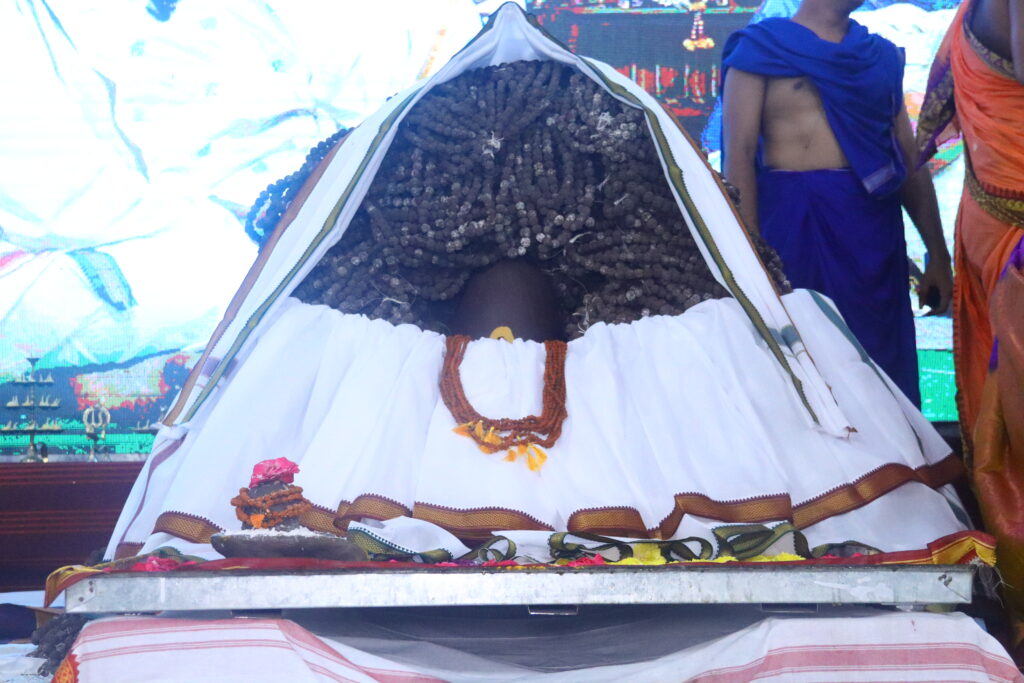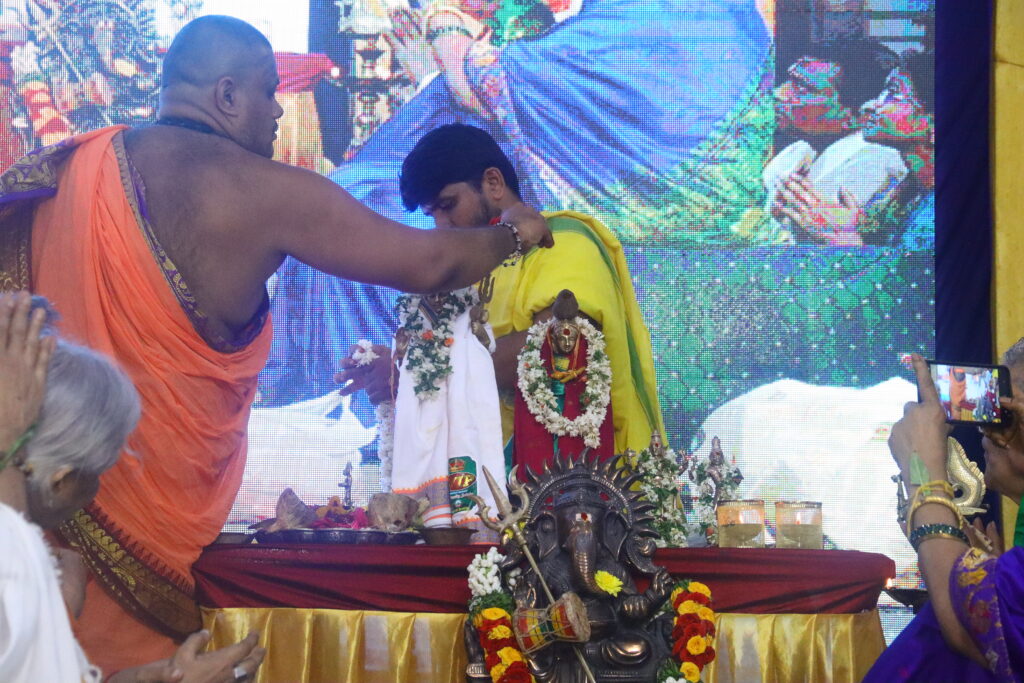First science centre for slum students-October 11, 2025
Will cater to students of govt schools from Class VI to SSC
By Sunil Mungara | Hyderabad
The city’s first science centre exclusively for students from Class VI to SSC in government schools within slum areas is all set for inauguration.
The Sir CV Raman Akshaya Vidya Science Centre is being established in collaboration between the Secunderabad Cantonment Board (SCB) and city-based NGO Akshaya Vidya Foundation, at a decades-old government school at Tadbun Colony.
SCB Chief Executive Officer, D. Madhukar Naik, provided the school building and land on lease. Varaprasad Tentu, founder chairman of Akshaya Vidya Bhavan, said they converted the classrooms into science labs and equipped them with lab material related to science and technology.
Typically, children in government schools, especially in urban slums, lack exposure to science labs and opportunities for practical experiments.
“This science centre will give a boost to ideas among the children. We are appointing trained instructors to guide the students through practical experiments,” Varaprasad said.
The foundation invested ₹1.5 crore in renovating the school building and adding paintings that reflect science and technology themes. Even the walls of the classrooms are painted with science-oriented themes.
Varaprasad explained that the city-based NGO Akshaya Vidya Foundation aims to provide better education opportunities to children from poor and illiterate families who cannot afford to send their children to corporate schools.
“Children studying in government schools often do not have access to science labs and the new centre seeks to fill that gap,” he added.
They have identified nearly 15 government schools within a 15 km radius in Secunderabad Cantonment to send the children to the science centre.
The new centre is being planned to be inaugurated by President Droupadi Murmu, who will be visiting the city in December as part of her southern sojourn.
Decades-old government school turned into a science centre
Penathia, a retired army havildar and resident of Tadbun Colony, said the government school where the science centre is coming up was operating for the past five decades with around 100 children.
“But the school’s strength dropped to 20 after parents enrolled their children in local corporate schools. Parents are also reluctant to send their children as they have to cross the National Highway-44, one of the busiest roads in the Cantonment. Thus, the school’s strength dropped,” he said.
A senior SCB official said the school building has served as a polling station for more than five decades.
“With the school not functional, we have allotted it to an NGO to set up a Science Centre, which is more useful for the students studying in slum schools,” the official added.

